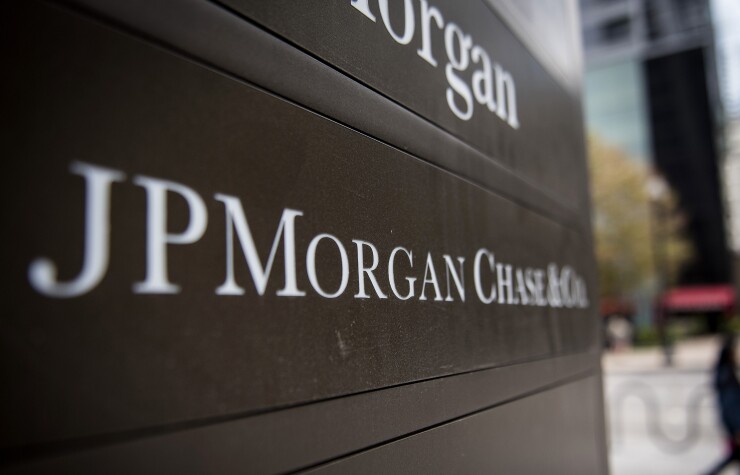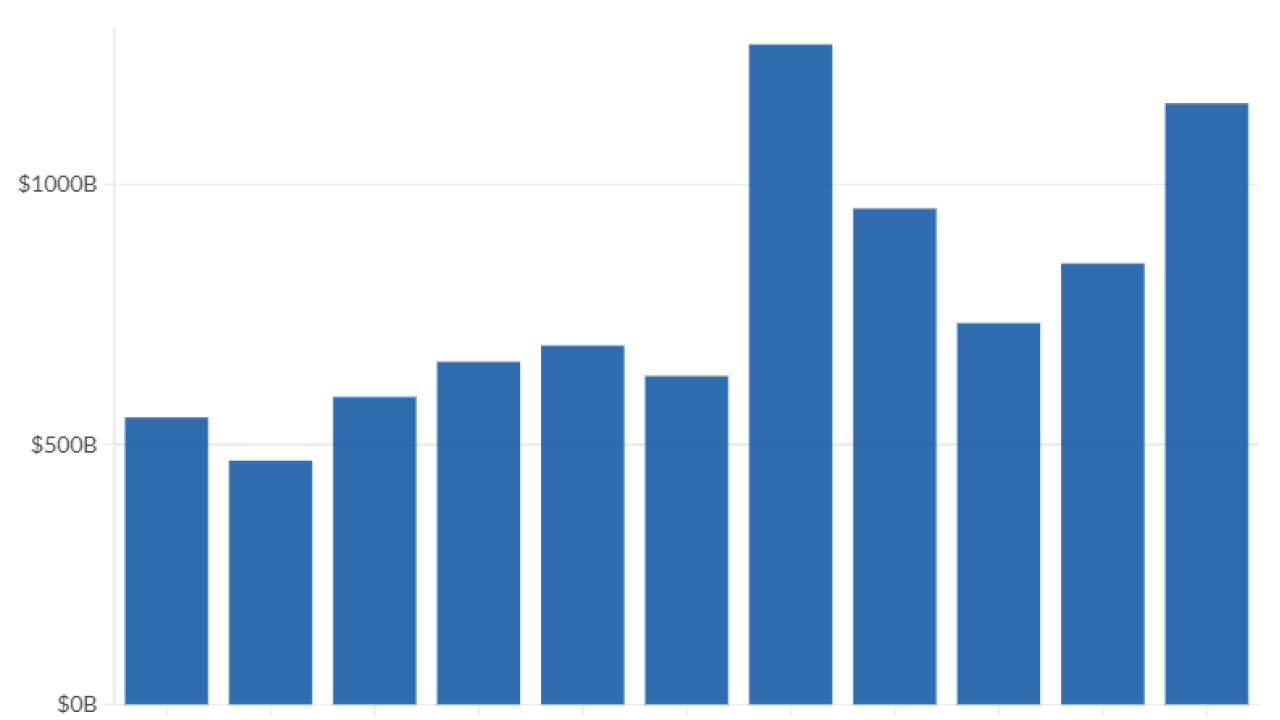One of JPMorgan Asset Management’s largest mutual funds is betting junk bonds will help shelter it from the trade war.
The firm’s $49.6 billion Global Income Fund has slashed its equities exposure to 31% at the end of October from 43% at the beginning of the year and put part of the proceeds into U.S. and European high-yield debt, according to co-manager Eric Bernbaum. The fund cut its stock holdings before the October sell-off, and turned to junk bonds where low default rates, declining leverage and strong fundamentals abound, he said.

“Markets are now much more susceptible to negative shocks than they were coming into the year,” New York-based Bernbaum said in a telephone interview. “The areas of fixed-income that we actually find to be relatively attractive are high-yield credit markets both in the U.S. and in particular in Europe. You are getting paid very attractive carry now to take on that risk.”
-
Investors have grown cautious following October’s rout in global markets.
November 21 -
Fed Chairman Jerome Powell's dovish comments revived global demand for riskier assets.
November 29 -
The actively managed offering aims to invest in corporate and non-corporate obligations, excluding government-guaranteed issues.
August 15
U.S. junk bonds comprised 28% of the fund at the end of October, while 7% was invested in European high-yield corporate bonds, according to JPMorgan.
The $1.7 trillion asset manager is not alone in betting on junk. UBS sees the asset class performing best in U.S. credit markets next year on expected low default rates and Wells Fargo reckons investors are getting paid “ handsomely” for holding the notes as fundamentals are still “sound”.
Many U.S. stock funds posted double-digit percentage gains, but international equities fared even better. Which were the biggest winners?
While U.S. junk bonds have lost almost 3% this quarter, the yield they offer over Treasurys has risen to 4.3 percentage points.
In addition to the trade war, Bernbaum cites slowing global growth, tighter financial conditions and rising political uncertainty including Brexit as major risks in 2019. The fund has sold out of investment-grade corporate bonds — a sector at risk of further downgrades — and added to its cash holdings, he said.
“We’re taking down risk,” he said.






